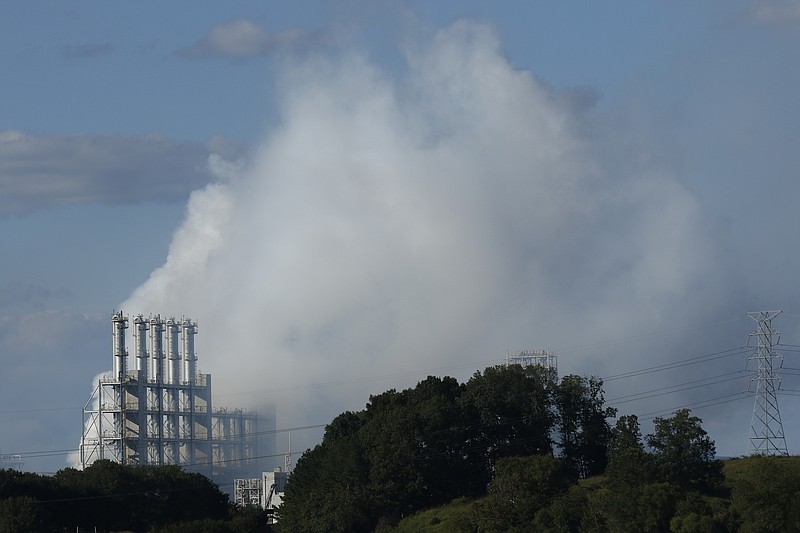The Wacker plant in Charleston, Tenn., will begin polysilicon production in the coming weeks, nearly eight months after an explosion at the site shook the Bradley County community, led to several hospitalizations and temporarily shut down some area schools and roads.
Wacker was tasked with stabilizing the affected area, investigating the incident and completing restoration efforts before it resumed production, according to company spokeswoman Lisa Mantooth. Those efforts took months to complete.
Wacker will use a phase-in approach, according to a release from the company, and expects to reach full capacity in the fourth quarter of this year. Employees already have begun the initial start-up of the site, which involves distillation of the product.
Employees were kept on staff and scheduled throughout the shutdown so they could continue to receive pay. The company held training and continued work in other parts of the plant while investigators tried to determine what caused the explosion and how it could be fixed.
"Wacker-Charleston has already become stronger and better," according to a statement from company vice president and site manager Mary Beth Hudson. "The global Wacker organization has demonstrated tremendous support of the Charleston site."
Investigators hired by Wacker determined the incident was caused by a mechanical failure in the company's hydrogen recovery building.
A state investigation into the incident returned five serious violations and two "other-than-serious" violations resulting in more than $25,000 in fines. Another state investigation into an incident eight days prior to the explosion that sent five workers to the hospital with chemical burns found additional serious violations and resulted in fines for the company.
A separate Tennessee Department of Environment and Conservation investigation into the incidents is still ongoing, according to agency spokesperson Kim Schofinski.
The German company's polysilicon sales in the first quarter dipped by 18 percent, to $265 million, "as a result of the production shutdown at Charleston," according to the company's first quarter report released this week.
Contact staff writer Mark Pace at mpace@timesfreepress.com or 423-757-6659. Follow him on Twitter @themarkpace and on Facebook at ChattanoogaOutdoorsTFP.
